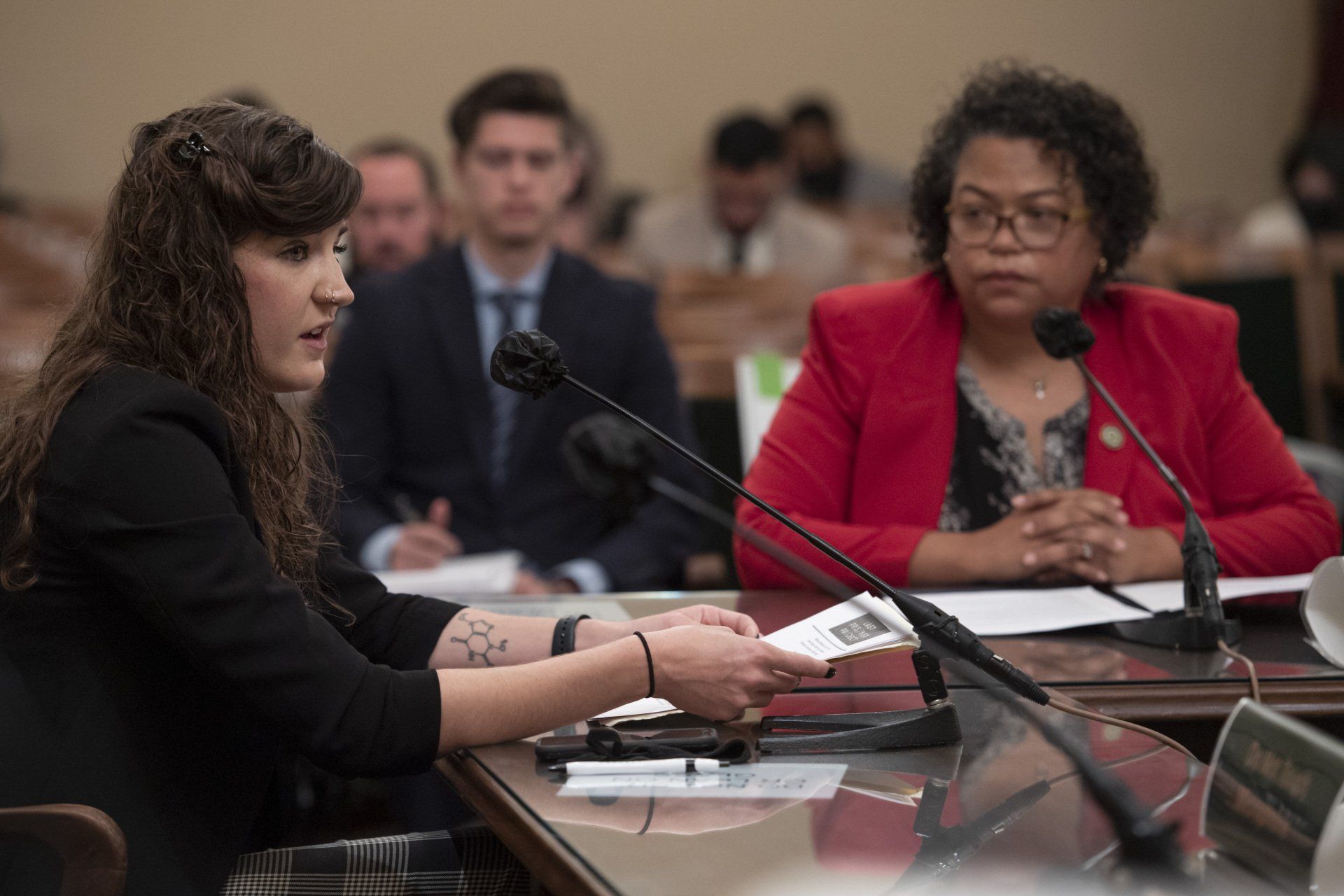Last Prisoner Project-Sponsored Legislation to Fix Automatic Cannabis Record Clearance Unanimously Passes Assembly Public Safety Committee

On March 8, Assembly Bill 1706, which will resolve implementation delays in California’s cannabis record sealing law, passed the Assembly Public Safety Committee with all members voting in support. The Last Prisoner Project (LPP) and Assemblymember Mia Bonta are championing the legislation to ensure that this overdue relief is finally provided to Californians who are already entitled to the benefit under the law.
“It is unimaginable and unacceptable that years after we legalized cannabis, Californians are still waiting to get their records cleared. We promised this to tens of thousands of Californians, and to date, we have fallen short of that promise. My bill will finally provide that relief and guarantee individuals are not denied opportunities to succeed in life because of minor cannabis records. We have a moral obligation to get this right,” said Assemblymember Bonta, the bill’s lead author.
“Last Prisoner Project is proud to sponsor AB 1706 by Assemblymember Bonta, a champion of justice reform. As a national leader of smart public policy, it is fundamentally unjust that California continues to support a system of legalization for only certain communities. Public policy is meant to work for everyone. Without AB 1706’s necessary fix to the record sealing statute, our state will continue to fail the very communities who bear the brunt of the war on drugs to this day. To begin to right the wrongs of prohibition and make legalization accessible to all residents, the onus must be on the government to remove these erroneous convictions from peoples’ records, so that they may begin to rebuild their lives. California must be accountable to the origins of prohibition, and finish this job once and for all. Justice delayed is justice denied,” said Gracie Burger, State Policy Director at Last Prisoner Project, the bill’s primary sponsor.
Read our full press release
here.






